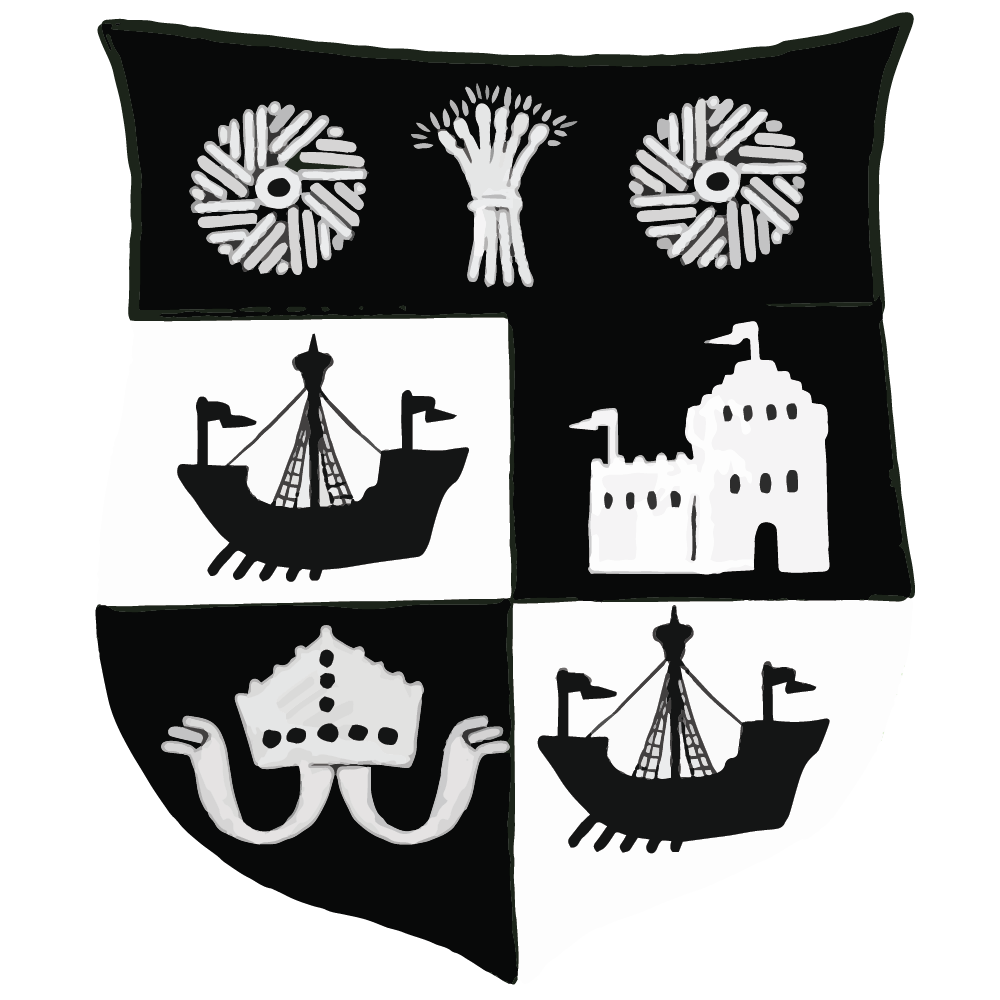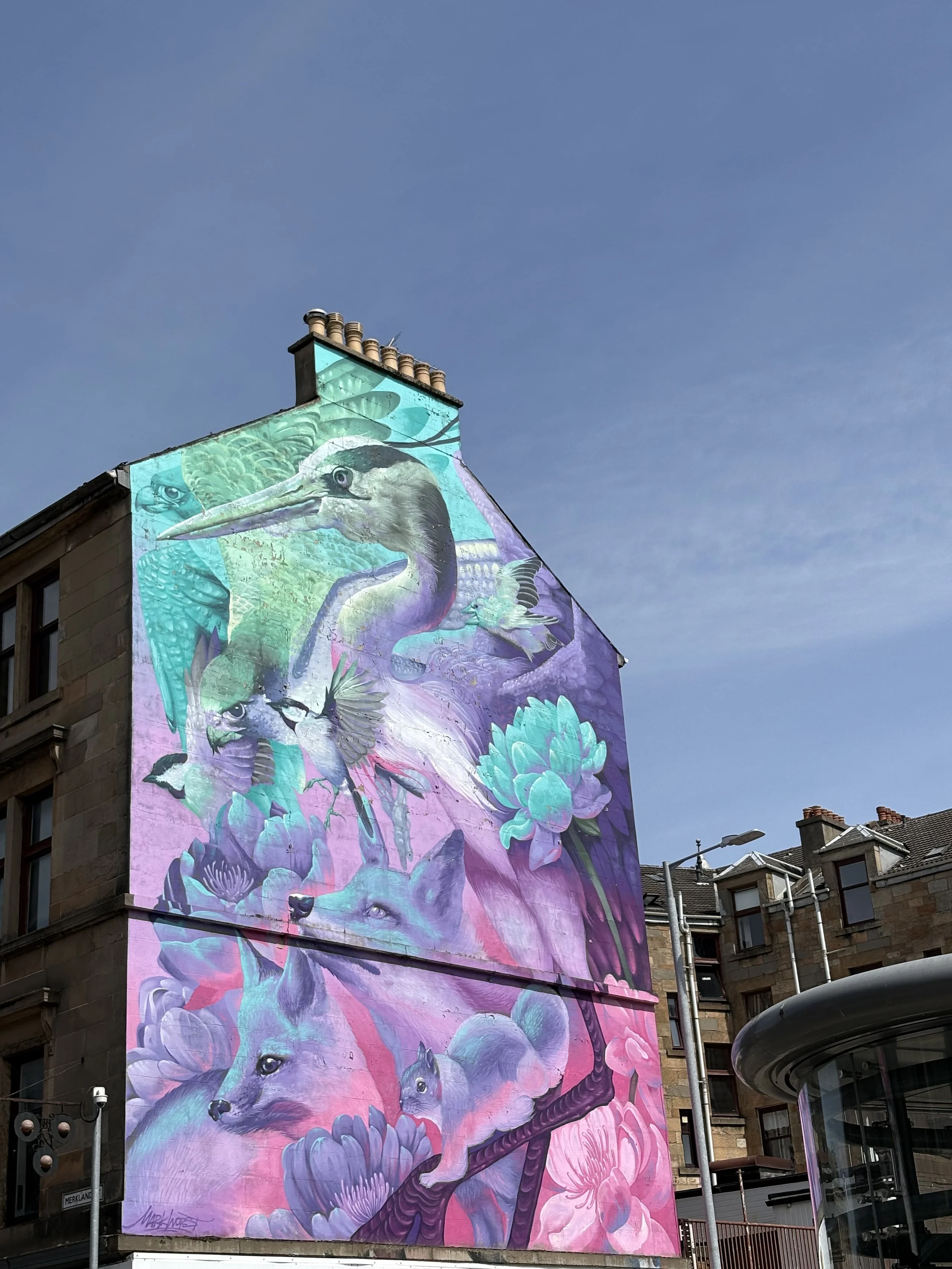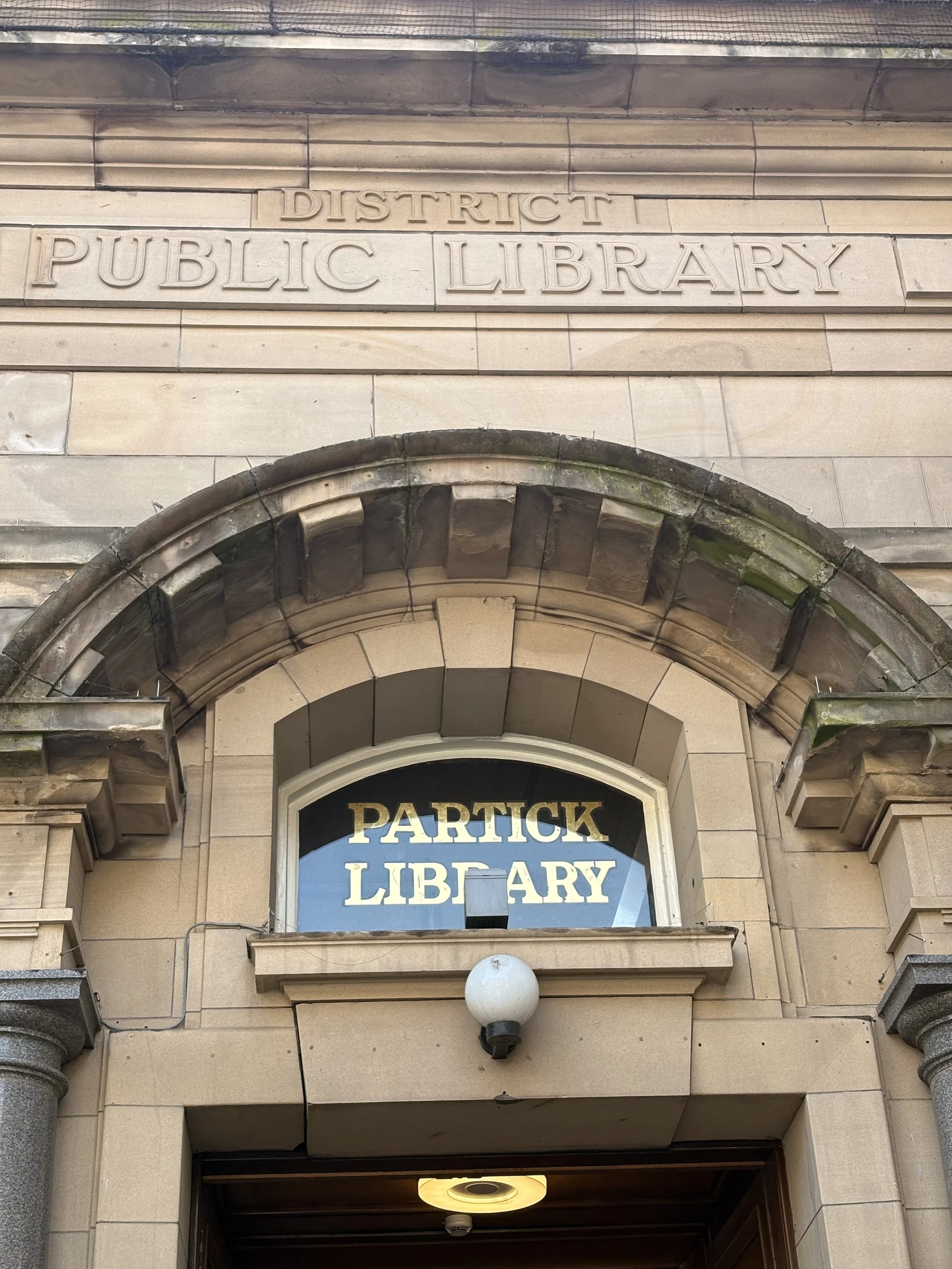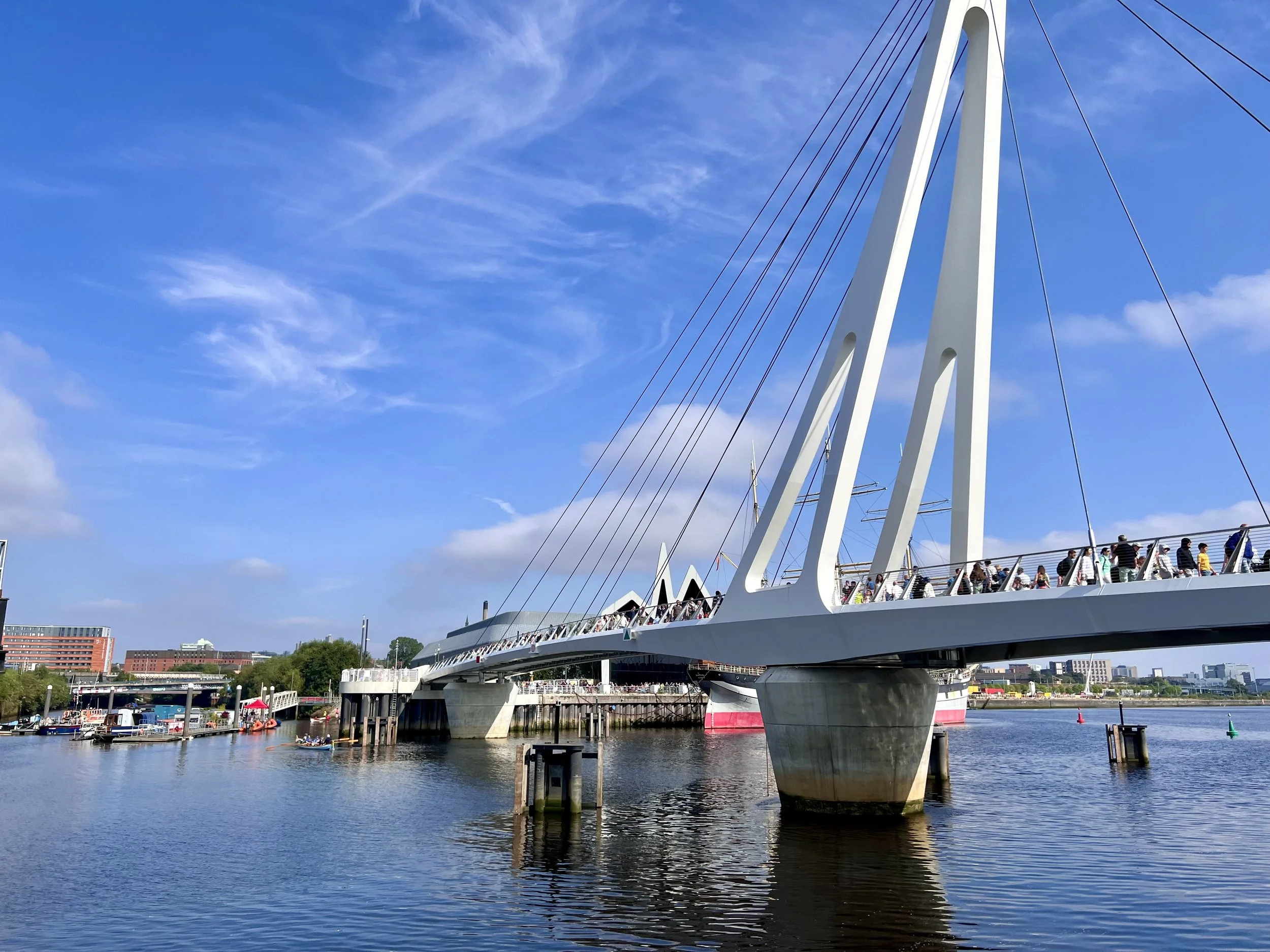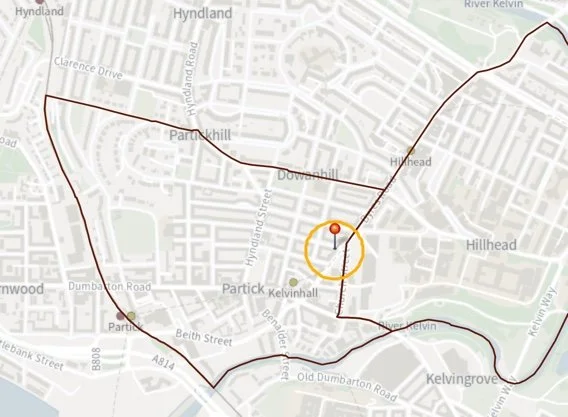
About Us
Our mission
The mission of Partick Community Council (PCC) is to significantly support our community, improve our environment and support opportunities for social inclusion.
A Community Council is a voluntary group set up and recognised by the local authority, i.e. Glasgow City Council, to represent and express views of the entire community within its agreed boundaries.
Get Involved
Partick Community Council meets on the second Thursday of the month (except January and July) from 7pm to 9pm in Partick Burgh Hall (9 Burgh Hall Street , G11 5LW).
Meetings are open to the public.
We are always looking for new ideas and help with ongoing community projects.
We;
Invite our local city councillors to our meetings
Invite an update/representation from Police Scotland to our meetings
Engage with neighbouring community councils and local action groups
Monitor licensing and planning applications submitted to Glasgow City Council
Encourage local residents to attend our meetings
Strive to make Partick a better place to live, work, and play
About our Area
Although Partick remained a village until the middle of the 18th century, it is an ancient place. The Kings of Strathclyde had a residence there, and in 1136 David I (1124–1153) granted the lands of Perdyc to the see of Glasgow. The Bishops of Glasgow had a country seat in Partick. It was later the site of Partick Castle, a country home of George Hutcheson (demolished 1836). The burgh, which had its headquarters at Partick Burgh Hall, was annexed by Glasgow in 1912.
Partick Community boundaries
Partick is an area of Glasgow on the north bank of the River Clyde, just across from Govan. To the west lies Whiteinch, to the east Yorkhill and Kelvingrove Park (across the River Kelvin), and to the north Broomhill, Hyndland, Dowanhill, Hillhead, areas which form part of the West End of Glasgow. Partick was a Police burgh from 1852 until 1912 when it was incorporated into the city.
